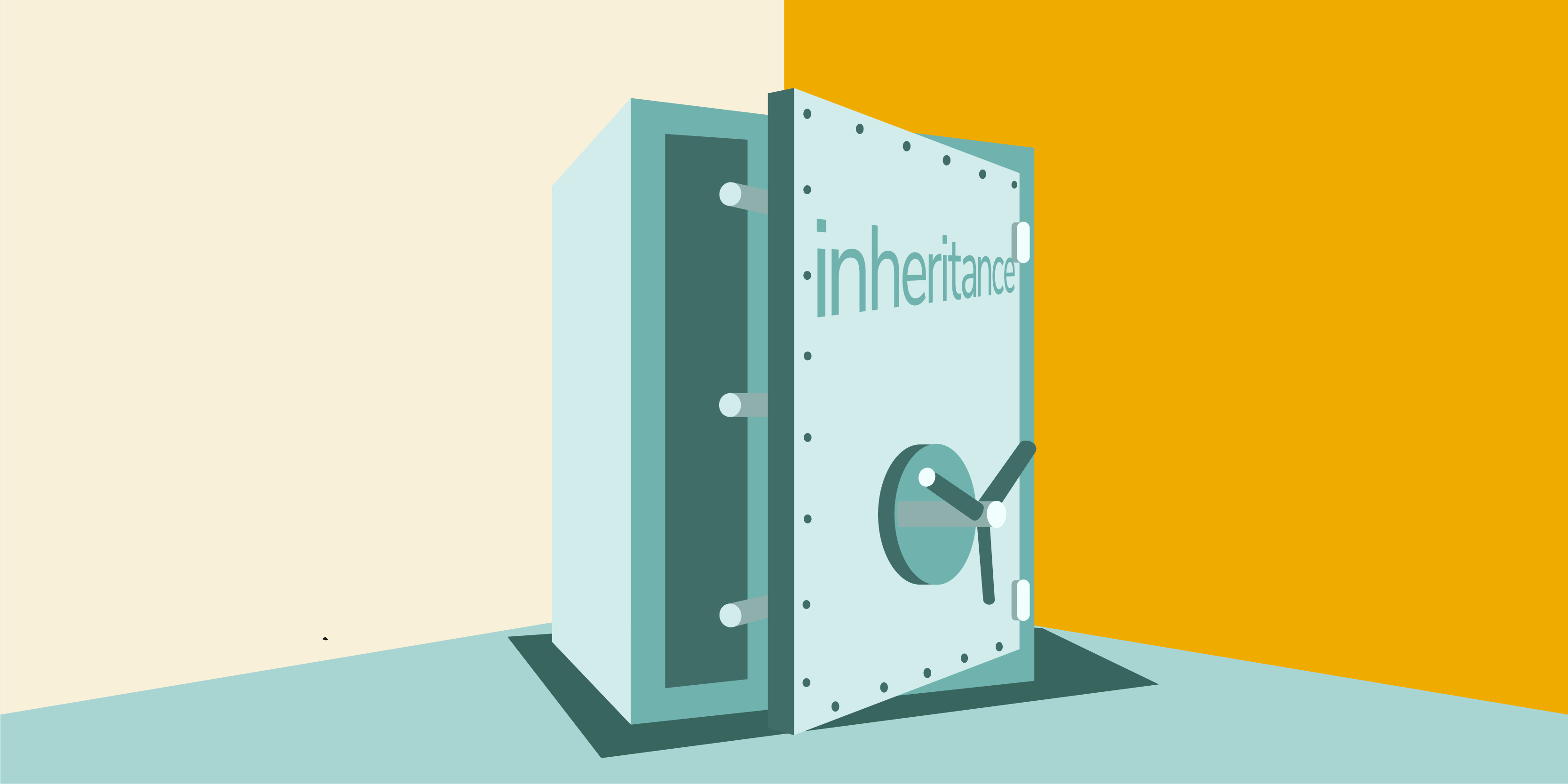
Tax-Proofing Your Inheritance
By Potentia Wealth
02/1/22
Benjamin Franklin once said, “nothing is certain but death and taxes.” In this article, we deal with both and share a few guidelines to follow if someone you know and love has passed and you have been left an inheritance.
1. Take Time to Develop a Plan
During this time, you might feel confused, upset and overwhelmed. A large inheritance that pushes you out of your financial comfort zone can create anxiety about how to best manage the money. As an inheritor, you may feel the need to respect the goals or investment strategy of the person who gifted you the inheritance; even though you know it is your money, it could feel borrowed, forced upon you or given with strings attached.
When deciding what to do with an inheritance, the last thing you want to do is make financial decisions under an emotional haze. Avoid making any drastic moves right away, such as quitting your job or selling your home. Some experts suggest giving yourself a six-month buffer before using any of your inheritance, using the time instead to develop a financial plan.
2. Understand What You’re Inheriting
Before you determine what to do with an inheritance, you need to understand what it is. How you use your inheritance will largely depend on its source. Typically, an inheritance will come in the form of assets from one of these places:
- Real estate, such as a house or property: If you receive assets from real estate, you will transfer them into your name. As the inheritor, you can choose what to do with the assets—typically sell, rent or live in them. Your cost basis in the property may step up, however, if you live in a state with property tax, your property tax will also be reassessed.
- A simple-trust account: If someone inherits assets through a trust, the trust documents will stipulate how these assets will be distributed and who ultimately decides how they are to be invested. In some cases, the assets get distributed outright to you; in other instances, the trust stays intact (sometimes referred to as “controlling assets from the grave”) and you will be paid in installments or at a certain period in the future. Most assets in a simple trust will pass to the inheritor with a stepped-up cost basis based on date of death. The inheritor will be responsible for dividends, capital gains and taxable income on distributions moving forward. The type of investments held in a trust will greatly affect the future tax.
- A retirement account, such as an IRA, Roth IRA or 401(k): According to the Tax and Jobs Act of 2017, these assets must be distributed during the next ten years. The type of retirement account will determine your tax liability for distributions, and you may be responsible for required minimum distributions from some of these accounts or have to pay a 50% penalty for not taking them.
- A complex trust: There are many forms of complex trust accounts and the taxation on these can be complicated. Some of these trusts are designed to avoid paying taxes for generations. The taxes will eventually have to be paid. If you are at the end of the complex trust chain, you need to understand your tax liability and be prepared. The tax liability could be significant.
3. Plan What To Do With Your Financial Gain
At Potentia Wealth, we believe in goals-based investing. Just like doing your household budgeting, it’s important to “assign” your inheritance to specific purposes or goals. Depending on your financial situation, the simple concepts of “save, spend and give” may be a good place to start when deciding on what to do when you get an inheritance.
One thing is certain, there is no such thing as “tax-proofing your inheritance,” but you may be able to control how and when the taxes will be paid. Work with a professional like those at Potentia Wealth and Potentia Tax to develop a plan, understand what you are inheriting and have specific goals for your investments.
